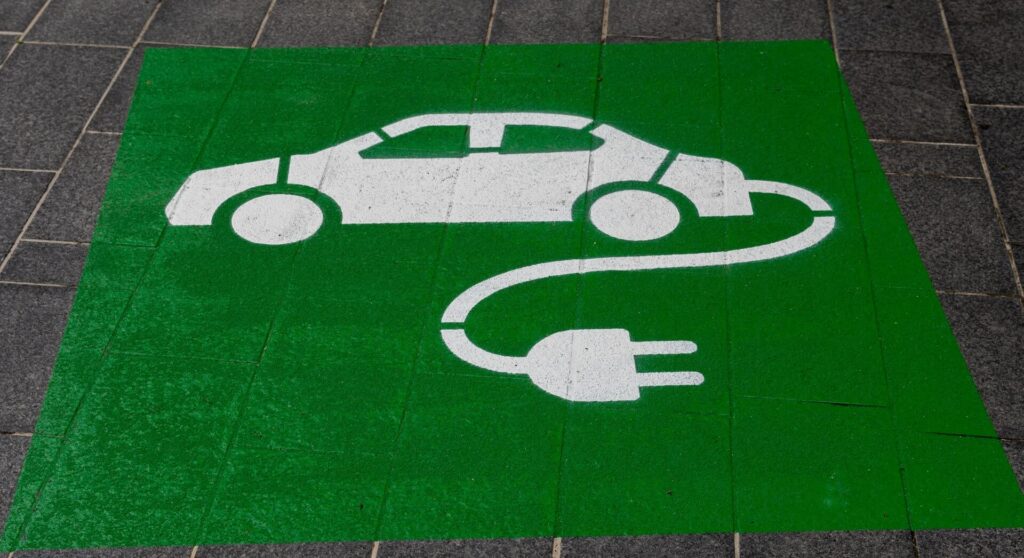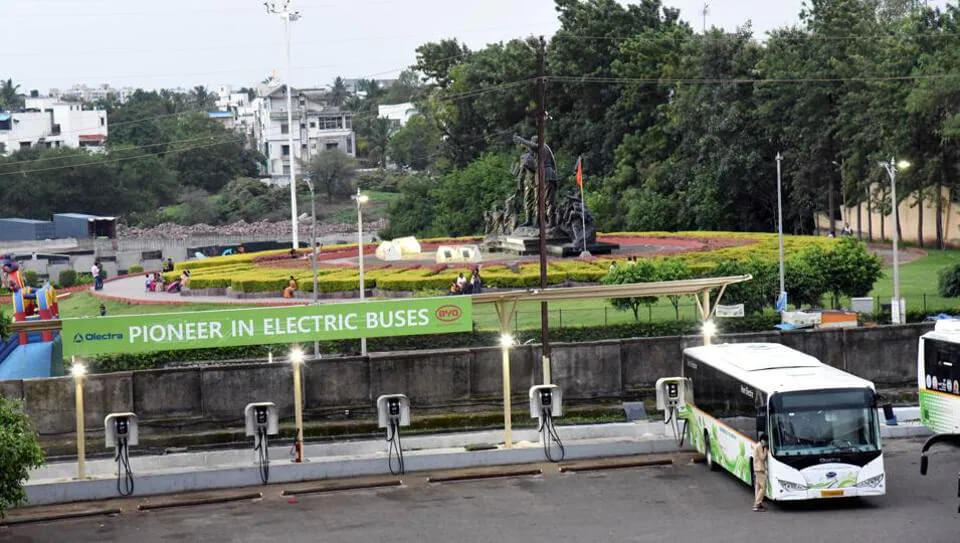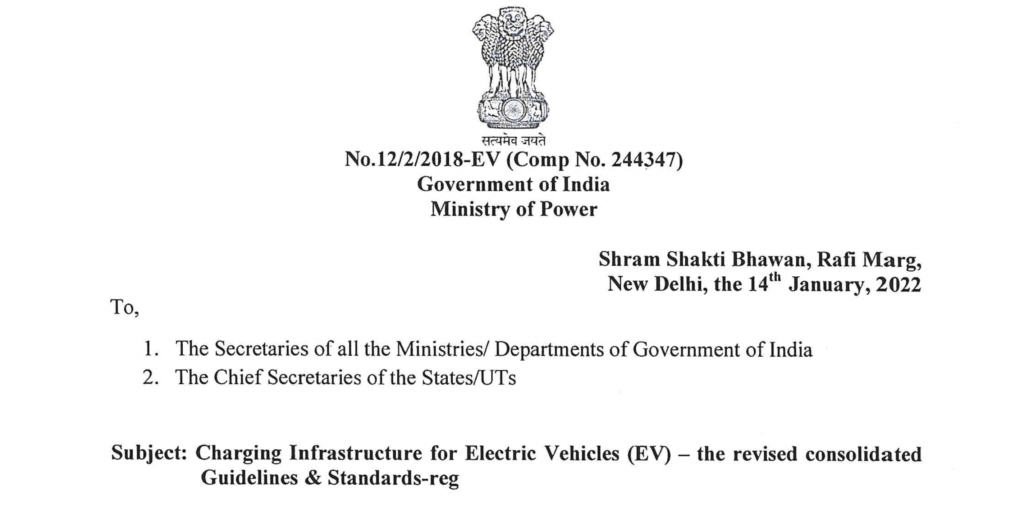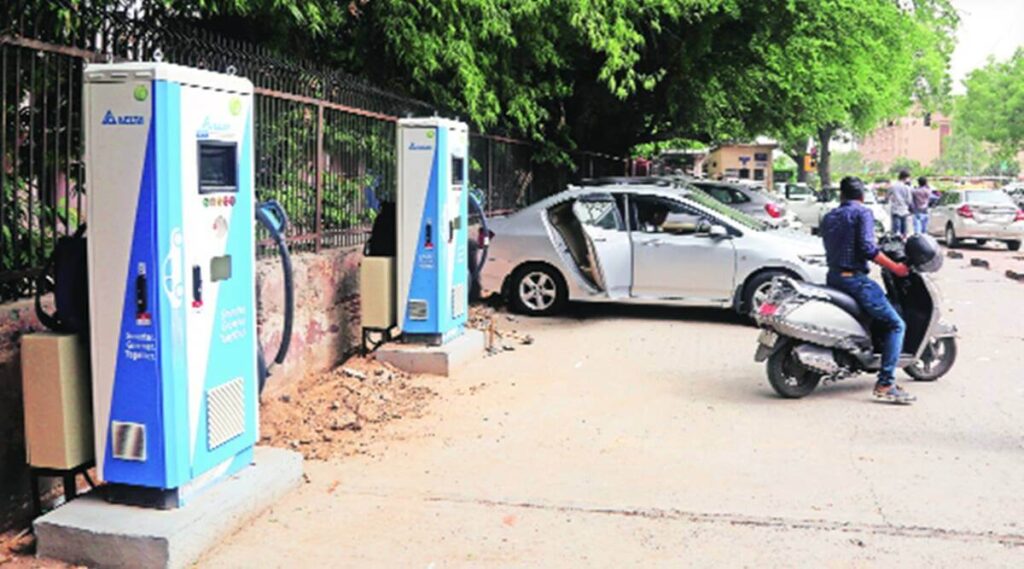To encourage a gradual transition to sustainable mobility, the Greater Chennai Corporation is anticipated to begin regulating the construction of electric vehicle charging infrastructure in parking lots and buildings. Following the Union government’s directives, the State government has requested this week that the Corporation to assist the establishment of appropriate infrastructure for electric charging in buildings.

According to officials, the civic body will investigate whether it is feasible to provide an infrastructure for electric vehicle charging at all 88 of the Corporation’s public parking lots. Users will be able to charge their vehicles at all of these places once the 5,000 on-street parking spaces have access to EV charging infrastructure.
“The Central government had given instructions to set up PCS in 2020, but this wasn’t possible due to the pandemic. We are now preparing a new tariff for PCS, and waiting for the Tamil Nadu Electricity Regulatory Commission’s (TNERC) approval,” said a senior TANGEDCO (Tamil Nadu Generation and Distribution Corporation) official.
The regulation of fees for EV charging infrastructure users in GCC parking lots, however, is anticipated to remain an issue. Similarly, it is anticipated that officials will enable the construction of charging infrastructure in T. Nagar’s multilevel parking complex.
Commercial establishments may be asked to upgrade their infrastructure for electric vehicle charging. Currently, there are just a few malls with suitable charging infrastructure in the suburbs of the city. The infrastructure for charging is projected to be improved in major cities as the percentage of electric vehicles is predicted to reach 30% by 2030.
“Now, that the Union government has issued new guidelines for charging stations. TANGEDCO should use it as an opportunity to generate revenue by setting up PCS. To avoid power fluctuations and failures, they should be set up within substations on national highways and in the city limits,” State general secretary E Nadarajan said.
Officials in charge of urban planning stated that regional organizations like the Corporation might not insist on having this feature in all older residential structures. The majority of the 12 lakh residences spread over the city’s 15 zones are outdated structures with insufficient room to expand the facility.
The city’s existing charging stations at gas stations, highways, and metro stations are insufficient to reach the Union government’s goal. According to the officials, new buildings are likely to receive infrastructure with enough parking spots, boosting the number of accessible charging outlets in the city.
For shared charging of electric vehicle users in residences, office buildings, gated communities, shopping centers, and public buildings, new building standards are anticipated to be developed. The executives said that the Corporation already has charging infrastructure for its fleet of garbage clearance vehicles at 35 parking places.



